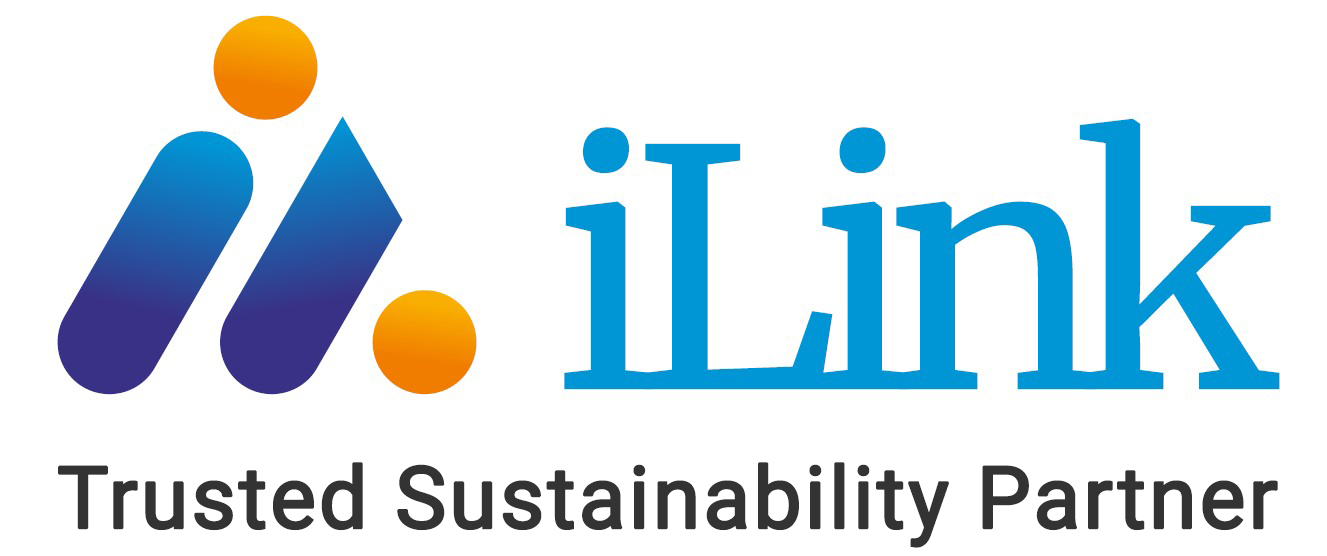Facility Awareness and Training Program for SLCP, WRAP
The objective of this training program is to ensure that all employees are aware of and understand the importance of SLCP, WRAP. This program aims to equip employees with the knowledge and skills necessary to implement and maintain these standards within the facility, promoting a safe, ethical, and environmentally responsible workplace.
Program Overview
- SLCP (Social & Labor Convergence Program):
- Overview of SLCP’s mission to create a standardized approach to social and labor data collection across the global apparel and footwear supply chain.
- Importance of SLCP in improving working conditions and fostering transparency and accountability
- WRAP (Worldwide Responsible Accredited Production):
- Introduction to WRAP, focusing on its principles of legal, humane, and ethical manufacturing.
- Understanding the 12 WRAP principles, including compliance with local laws, workplace safety, environmental practices, and worker rights.
- FEM (Facility Environmental Module):
- Overview of FEM as part of the Higg Index, focusing on environmental sustainability in manufacturing.
- Key areas covered by FEM, such as energy use, waste management, water usage, and chemical management.
- Legal and Ethical Implications:
- The legal requirements associated with each standard and the consequences of non-compliance.
- The ethical responsibility of maintaining a safe, fair, and environmentally friendly workplace.
- Business Benefits:
- How compliance with these standards enhances brand reputation, customer trust, and competitiveness in the global market.
- The role of certifications in gaining access to international markets and partnerships.
Training Modules
- Understanding the SLCP Framework:
- Detailed explanation of the SLCP assessment framework, including data collection, verification, and reporting processes.
- Roles and responsibilities of employees in supporting SLCP compliance.
- Practical Implementation:
- Steps to ensure compliance with SLCP standards in daily operations.
- Case studies and examples of best practices in social and labor compliance.
- Overview of WRAP’s 12 Principles:
- In-depth discussion of each WRAP principle, focusing on key areas such as labor practices, health and safety, and environmental management.
- Understanding the WRAP certification process, including the importance of internal audits and continuous improvement.
- Employee Responsibilities:
- The role of employees in upholding WRAP standards, including reporting violations and participating in regular training.
- Techniques for fostering a culture of ethical and responsible manufacturing within the facility.
- Introduction to Environmental Sustainability:
- Importance of environmental responsibility in manufacturing, aligned with the goals of FEM.
- Key environmental challenges in the industry and how FEM addresses them.
- FEM Assessment Criteria:
- Detailed overview of the FEM assessment areas, including energy and water use, waste management, and chemical safety.
- Practical steps for improving environmental performance and achieving higher FEM scores
Training Methods
- Workshops and Seminars:
- Interactive workshops led by experts on SLCP, WRAP.
- Seminars featuring guest speakers from industry bodies and certification agencies.
- E-Learning Modules:
- Online courses and self-paced learning modules covering each standard in detail.
- Video tutorials, quizzes, and assessments to reinforce learning.
- On-the-Job Training:
- Practical, hands-on training sessions focused on implementing standard-specific practices in day-to-day operations.
- Role-playing scenarios to practice compliance procedures.
Training
Training Program
Contact
- SF. No 358, Asher Nagar, Old Asher mill compound (First floor), Opposite Prime Apartment, Avinashi main road, Tirupur – 641603,Tamilnadu, India.
- +91 9945482812
- info@ilinkdev.in
Brochures
To be the trusted leader in providing independent, accurate, and comprehensive auditing services, empowering businesses to achieve excellence in sustainability, social responsibility, and compliance.
